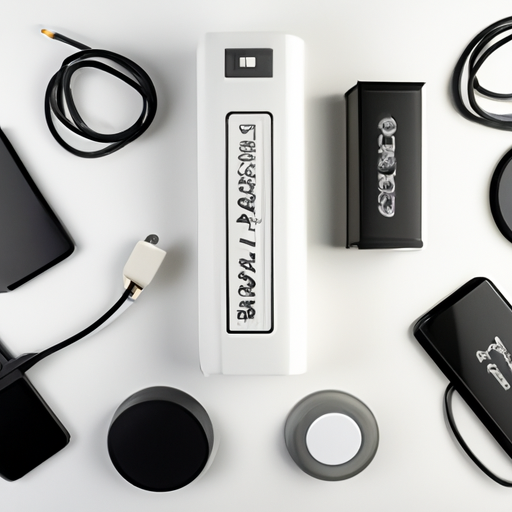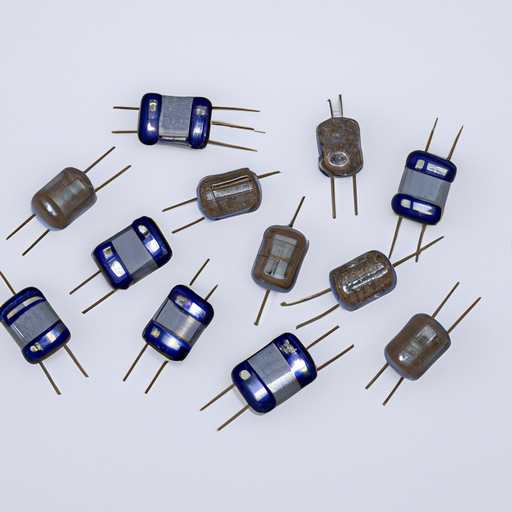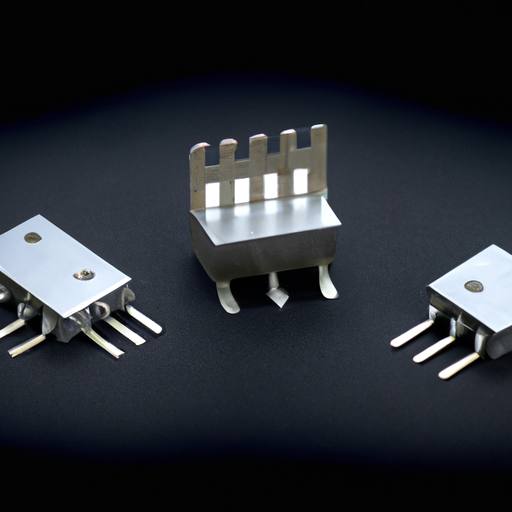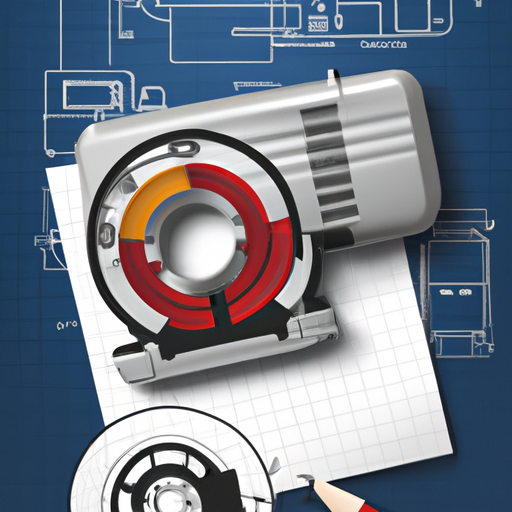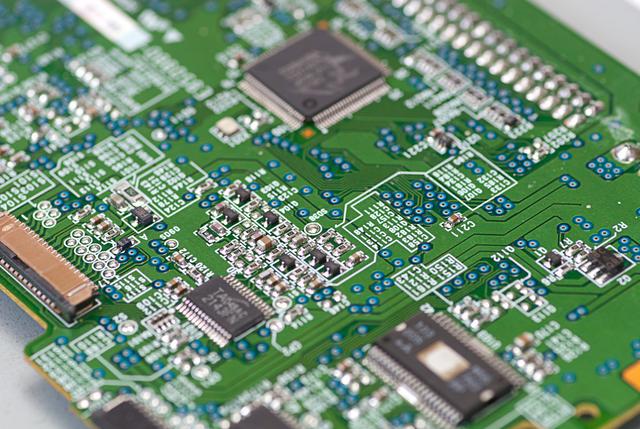What are the Product Standards for IP Series 20W Charging Customized Kit?
I. Introduction
In the rapidly evolving world of consumer electronics, product standards play a crucial role in ensuring safety, performance, and compatibility. These standards not only protect consumers but also help manufacturers maintain quality and reliability in their products. One such product that has gained attention is the IP Series 20W Charging Customized Kit. This kit is designed to provide efficient and safe charging solutions for various devices, but what exactly are the product standards that govern its design and functionality? This article aims to explore the product standards applicable to the IP Series 20W Charging Customized Kit, shedding light on the importance of compliance in the electronics industry.
II. Understanding Product Standards
A. Definition of Product Standards
Product standards are established criteria that products must meet to ensure safety, quality, and performance. These standards can be developed by various organizations and can vary by region, industry, and product type. They serve as benchmarks for manufacturers, guiding them in the design, production, and testing of their products.
B. Importance of Product Standards in Consumer Electronics
In the realm of consumer electronics, product standards are vital for several reasons. They help ensure that products are safe for use, perform as expected, and are compatible with other devices. Compliance with these standards can also enhance a manufacturer's reputation and foster consumer trust, as customers are more likely to purchase products that meet recognized safety and quality benchmarks.
C. Overview of International and National Standards Organizations
Several organizations are responsible for developing and maintaining product standards. Internationally recognized bodies include the International Organization for Standardization (ISO), the International Electrotechnical Commission (IEC), and the American National Standards Institute (ANSI). These organizations work collaboratively to create standards that promote safety, efficiency, and interoperability across various industries, including electronics.
III. Key Standards Relevant to Charging Kits
A. Safety Standards
1. **UL (Underwriters Laboratories) Certification**: UL certification is a widely recognized safety standard in North America. It ensures that products have been tested for safety and meet specific performance criteria. For charging kits, UL certification indicates that the product has undergone rigorous testing for electrical safety, reducing the risk of fire or electric shock.
2. **CE Marking (Conformité Européenne)**: The CE marking is a mandatory conformity mark for products sold within the European Economic Area (EEA). It signifies that the product meets EU safety, health, and environmental protection standards. For the IP Series 20W Charging Customized Kit, obtaining CE marking is essential for market access in Europe.
3. **FCC Compliance (Federal Communications Commission)**: In the United States, FCC compliance is necessary for electronic devices that emit radiofrequency energy. This standard ensures that the device does not cause harmful interference to other electronic devices and complies with regulations regarding electromagnetic compatibility.
B. Performance Standards
1. **IEC 62368-1**: This standard addresses the safety of audio/video, information, and communication technology equipment. It focuses on the potential hazards associated with electrical and mechanical components, ensuring that products like the IP Series 20W Charging Customized Kit are designed to minimize risks.
2. **USB Power Delivery (USB PD) Specifications**: USB PD is a protocol that allows for higher power levels to be delivered over USB connections. Compliance with USB PD specifications ensures that the charging kit can efficiently deliver power to compatible devices, optimizing charging times and performance.
C. Environmental Standards
1. **RoHS (Restriction of Hazardous Substances)**: RoHS is a directive that restricts the use of specific hazardous materials in electrical and electronic products. Compliance with RoHS ensures that the IP Series 20W Charging Customized Kit is free from harmful substances like lead, mercury, and cadmium, promoting environmental sustainability.
2. **WEEE (Waste Electrical and Electronic Equipment Directive)**: The WEEE directive aims to reduce electronic waste and promote recycling. Manufacturers of the IP Series 20W Charging Customized Kit must comply with WEEE regulations, ensuring that their products are designed for easy recycling and disposal.
IV. Specific Standards for the IP Series 20W Charging Customized Kit
A. Design and Construction Standards
1. **Material Quality and Durability**: The materials used in the construction of the charging kit must meet specific quality standards to ensure durability and longevity. This includes resistance to wear and tear, as well as the ability to withstand environmental factors such as heat and moisture.
2. **Heat Dissipation and Thermal Management**: Effective thermal management is crucial for charging devices to prevent overheating. Standards related to heat dissipation ensure that the IP Series 20W Charging Customized Kit is designed to manage heat effectively, enhancing safety and performance.
B. Electrical Standards
1. **Voltage and Current Ratings**: The charging kit must adhere to specific voltage and current ratings to ensure safe operation. These ratings are critical for preventing overloading and ensuring compatibility with various devices.
2. **Efficiency Ratings and Energy Consumption**: Efficiency standards dictate how much energy the charging kit can convert into usable power. High efficiency not only reduces energy consumption but also minimizes heat generation, contributing to the overall safety and performance of the product.
C. Compatibility Standards
1. **USB Type-C Specifications**: As USB Type-C becomes the standard for charging and data transfer, compliance with its specifications is essential. The IP Series 20W Charging Customized Kit must be designed to work seamlessly with USB Type-C devices, ensuring broad compatibility.
2. **Backward Compatibility with Older USB Standards**: To cater to a wider range of devices, the charging kit should also support older USB standards. This backward compatibility ensures that users can charge various devices without needing multiple chargers.
V. Testing and Certification Processes
A. Overview of the Testing Process for Compliance with Standards
The testing process for compliance with product standards typically involves a series of evaluations and assessments. Manufacturers must conduct tests to verify that their products meet safety, performance, and environmental standards. This may include electrical testing, thermal testing, and material analysis.
B. Role of Third-Party Testing Laboratories
Third-party testing laboratories play a crucial role in the certification process. These independent organizations conduct thorough evaluations of products to ensure compliance with relevant standards. Their impartial assessments provide manufacturers with credibility and assurance that their products are safe and reliable.
C. Importance of Certification for Market Acceptance and Consumer Trust
Certification is essential for gaining market acceptance and building consumer trust. Products that bear recognized certifications, such as UL or CE, are more likely to be favored by consumers, as these marks indicate adherence to safety and quality standards. For manufacturers, certification can also facilitate entry into new markets and enhance brand reputation.
VI. Implications of Non-Compliance
A. Risks Associated with Non-Compliance
1. **Safety Hazards**: Non-compliance with safety standards can lead to serious safety hazards, including electrical fires, electric shock, and equipment failure. These risks not only endanger consumers but can also result in costly recalls and legal liabilities for manufacturers.
2. **Legal Repercussions**: Failure to comply with regulatory standards can lead to legal consequences, including fines, penalties, and lawsuits. Manufacturers may also face restrictions on selling their products in certain markets.
3. **Market Rejection**: Products that do not meet established standards are likely to be rejected by retailers and consumers alike. This can result in significant financial losses and damage to a manufacturer's reputation.
B. Case Studies of Non-Compliance in the Industry
Several high-profile cases in the electronics industry highlight the consequences of non-compliance. For instance, a well-known smartphone manufacturer faced a massive recall due to battery safety issues, resulting in significant financial losses and reputational damage. Such cases underscore the importance of adhering to product standards to avoid similar pitfalls.
VII. Future Trends in Charging Kit Standards
A. Emerging Technologies and Their Impact on Standards
As technology continues to evolve, so too will the standards governing charging kits. Emerging technologies, such as wireless charging and fast charging protocols, will necessitate the development of new standards to ensure safety and compatibility.
B. The Role of Sustainability in Future Product Standards
Sustainability is becoming an increasingly important consideration in product standards. Manufacturers will need to prioritize eco-friendly materials and designs that minimize environmental impact, aligning with global efforts to reduce waste and promote recycling.
C. Anticipated Changes in Regulatory Frameworks
Regulatory frameworks are likely to evolve in response to technological advancements and changing consumer expectations. Manufacturers must stay informed about potential changes to standards and regulations to ensure ongoing compliance and market relevance.
VIII. Conclusion
In conclusion, adhering to product standards is of paramount importance for the IP Series 20W Charging Customized Kit and similar electronic devices. These standards ensure safety, performance, and compatibility, ultimately protecting consumers and enhancing manufacturer credibility. As the industry continues to evolve, manufacturers and consumers alike must prioritize compliance and safety to foster a reliable and sustainable electronics market.
IX. References
- International Organization for Standardization (ISO)
- International Electrotechnical Commission (IEC)
- American National Standards Institute (ANSI)
- Underwriters Laboratories (UL)
- Conformité Européenne (CE)
- Federal Communications Commission (FCC)
- Restriction of Hazardous Substances (RoHS)
- Waste Electrical and Electronic Equipment Directive (WEEE)
- USB Implementers Forum (USB-IF)
This comprehensive exploration of the product standards for the IP Series 20W Charging Customized Kit highlights the critical role that compliance plays in the electronics industry, ensuring safety, performance, and consumer trust.

